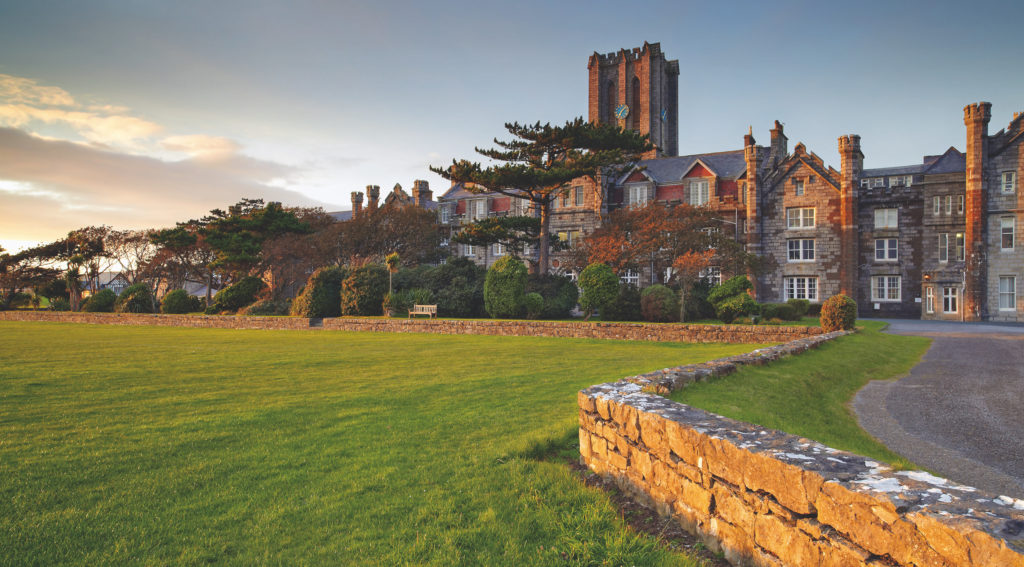ALUMNI
WELCOME
Our alumni are all connected through their shared school experiences. We are always pleased to hear from alumni, see you at an event, or welcome you back for a visit. From business networking and mentoring, through to social events and reunions, there are lots of ways that you can get involved with the King William’s College and The Buchan School alumni community.
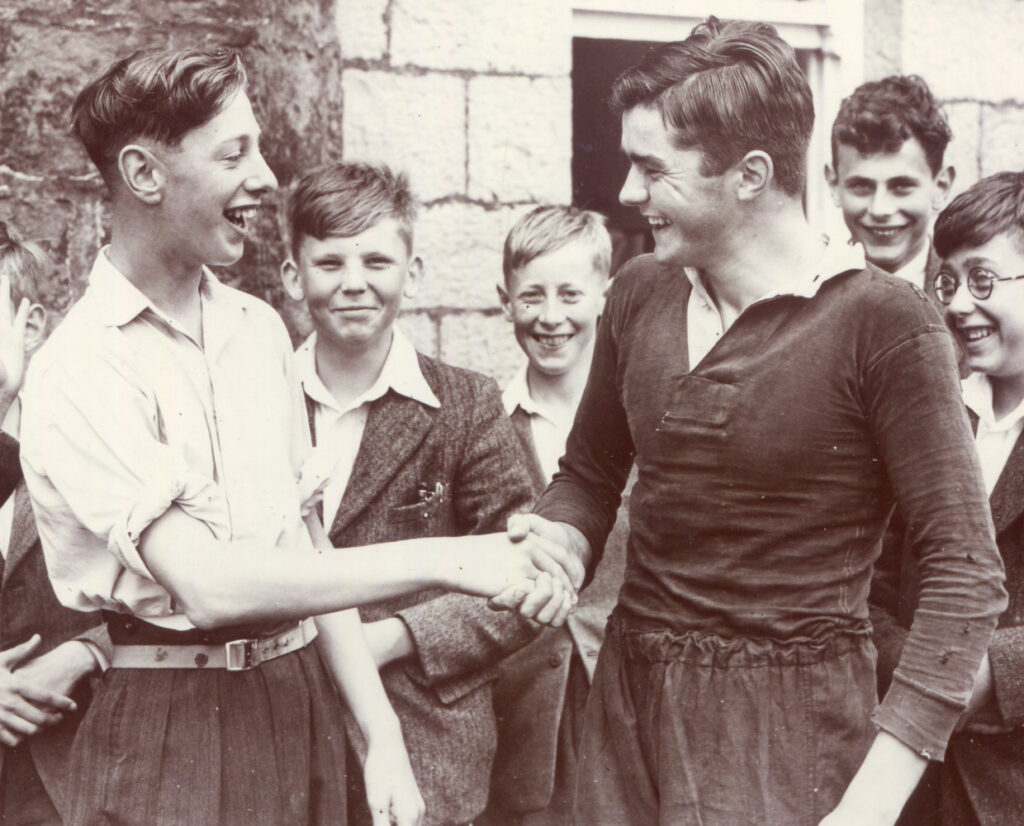
ALUMNI PORTAL
We have created an online alumni portal, where you can update your details, find old friends and access our Mentoring Programme.
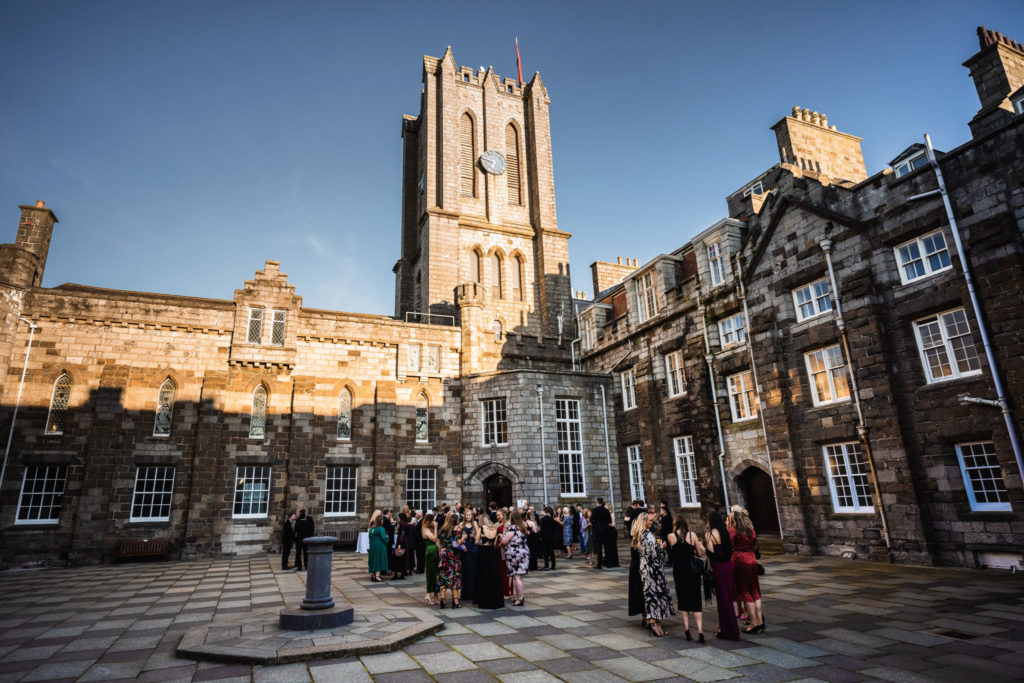
Barrovian Careers' Network
Our community of alumni have always provided an excellent source of career advice for our younger alumni and students. We are extending this programme to create a network for students and alumni to receive practical advice, experience and networking opportunities.
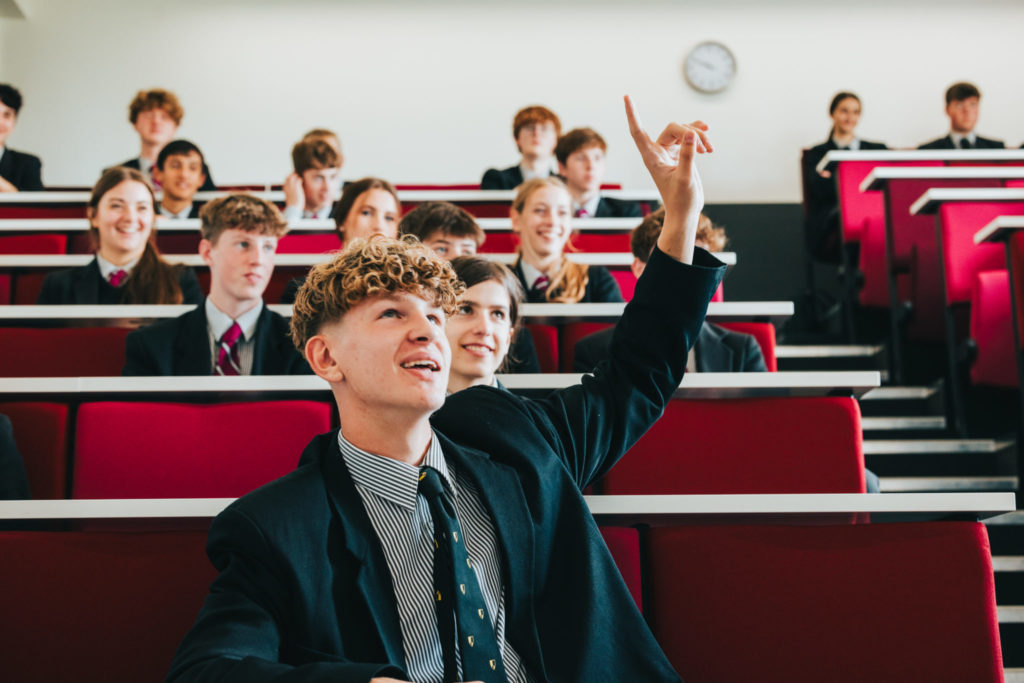
Barrovian Alumni Internship
The Barrovian Alumni Internship offers a unique opportunity for a young alumnus to gain valuable skills and work experience during a three month work placement with Strix in their Hong Kong office.
Working alongside Strix’s Senior Business Analyst, the intern will work on multiple key projects, increase skill levels across a number of disciplines and, equally as important, enjoy the unique experience of living and working within Hong Kong and its diverse and multi-cultural environment.
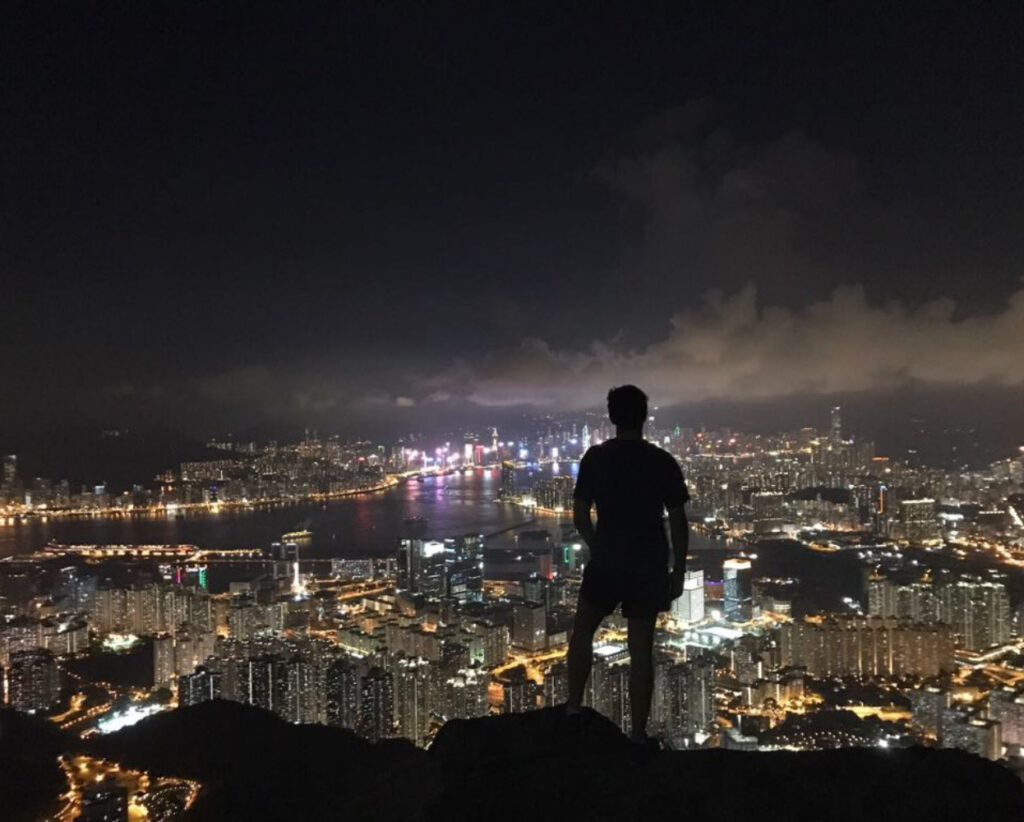
ARCHIVES
Visit our digital archive for past and current editions of The Barrovian Magazine, copies of other historic magazines, a selection of photographs and stories from King William’s College and The Buchan School’s history.
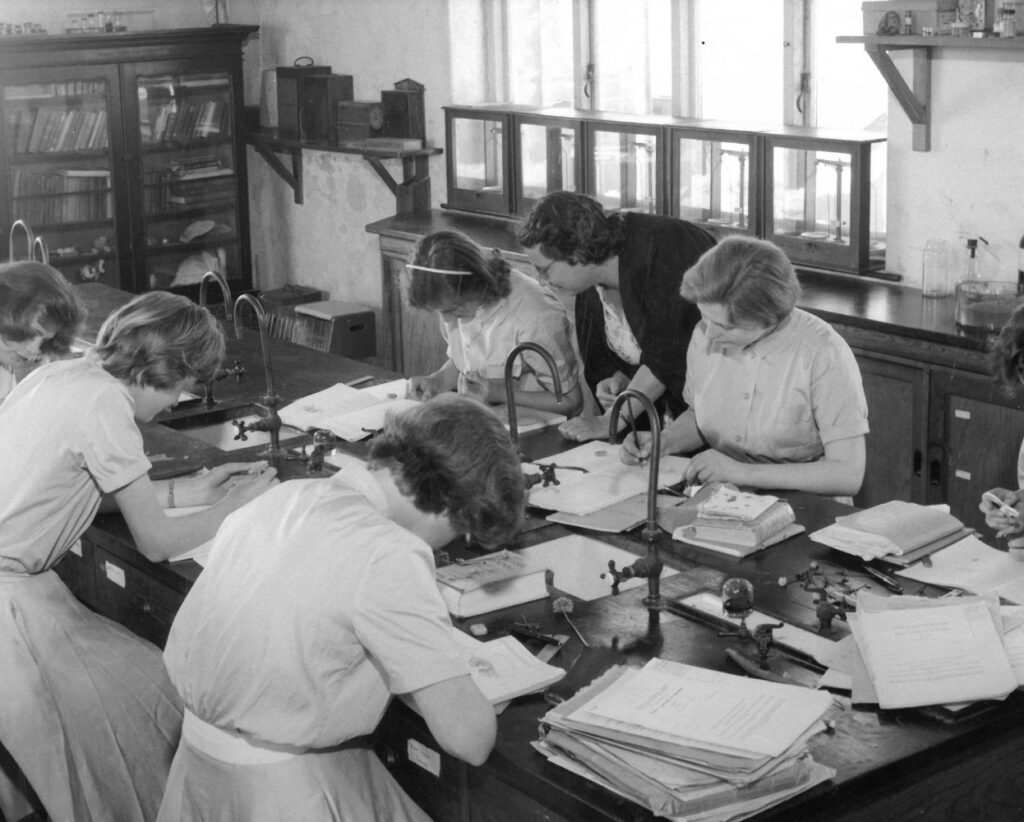
SUPPORT US
Our alumni have always been key supporters of the school and we are hugely grateful to all those who choose to support us, whether through volunteering their time, gifts in kind or a financial donation. Learn more about The Barrovian Foundation’s projects and find out how you can get more involved.
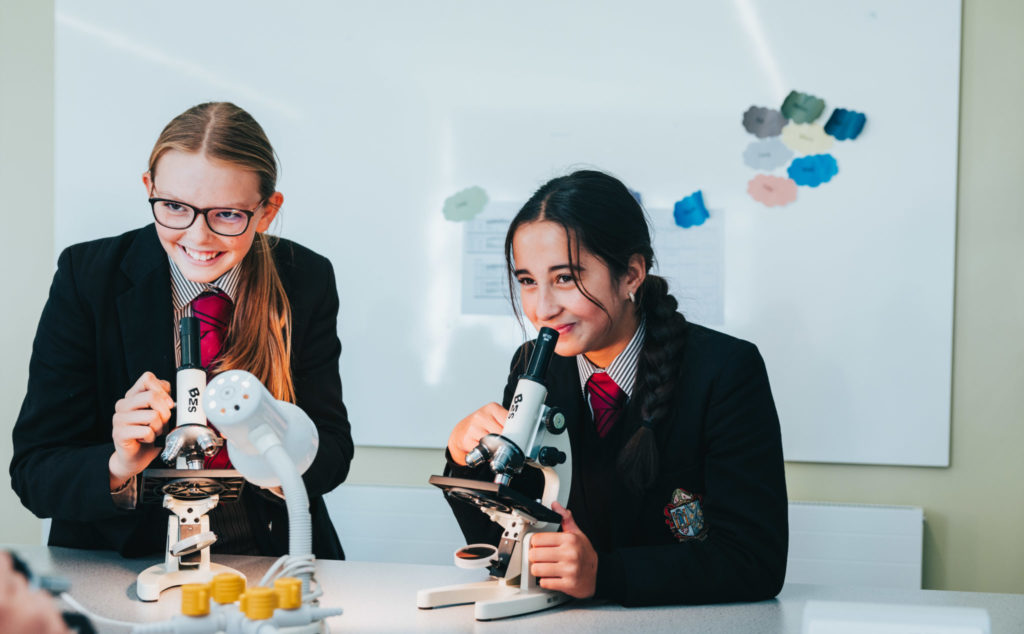
MEMORABILIA
EVENTS
We always look forward to seeing alumni at events. View our calendar to see what is coming up.
ALUMNI PROFILES
